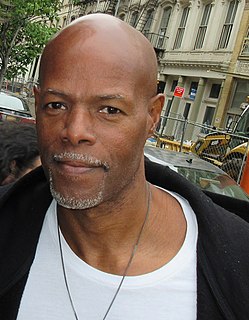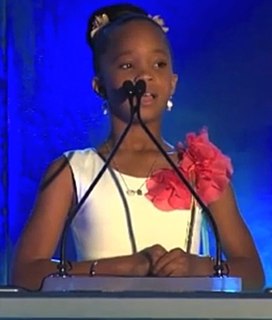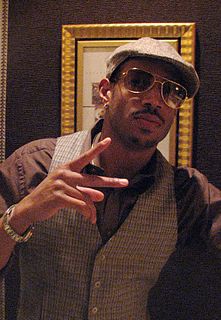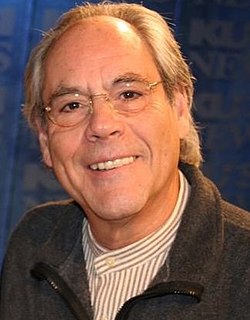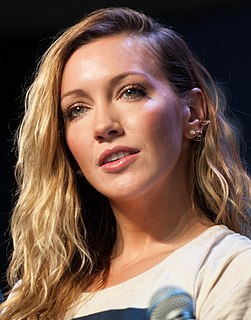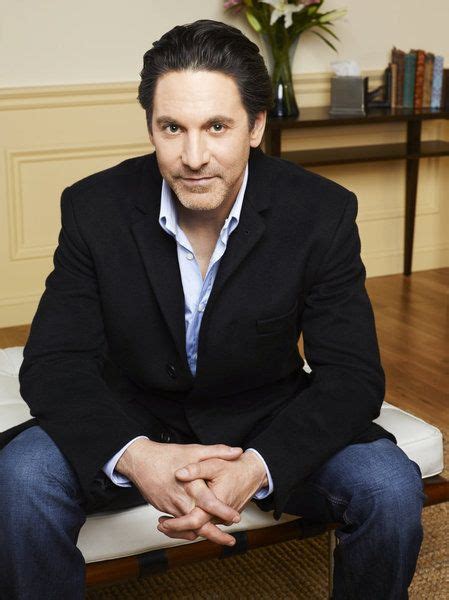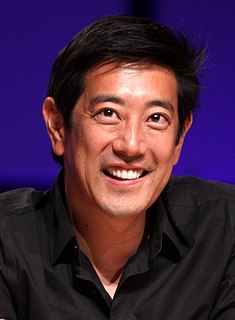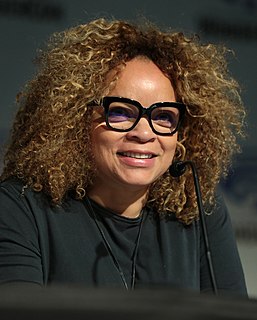A Quote by Zach Woods
If I'm doing comedy, I try to improvise a lot. Even if they don't use it, it helps me loosen up and figure out the character.
Related Quotes
Here's the thing, with comedy - and I learned this from Will Ferrell - you can't be ashamed. If you're doing comedy, you have to fully commit to the joke. Shame is not part of it. If you act shy or uncomfortable about your body, that makes the audience shy and uncomfortable. And in a comedy you just want them to loosen up and laugh.
I begin with understanding the intentions of the story. That helps me to zero in. Then I gather research for each individual character and analyze the time period with comparisons to the figure and the facial structure. It helps to be comfortable with computers because the massive amount of research is kept electronically and shared with my staff this way. Very little is printed out. I work with an illustrator to come up with the proper silhouettes and details of the clothing from the time period to time period. And on and on.



